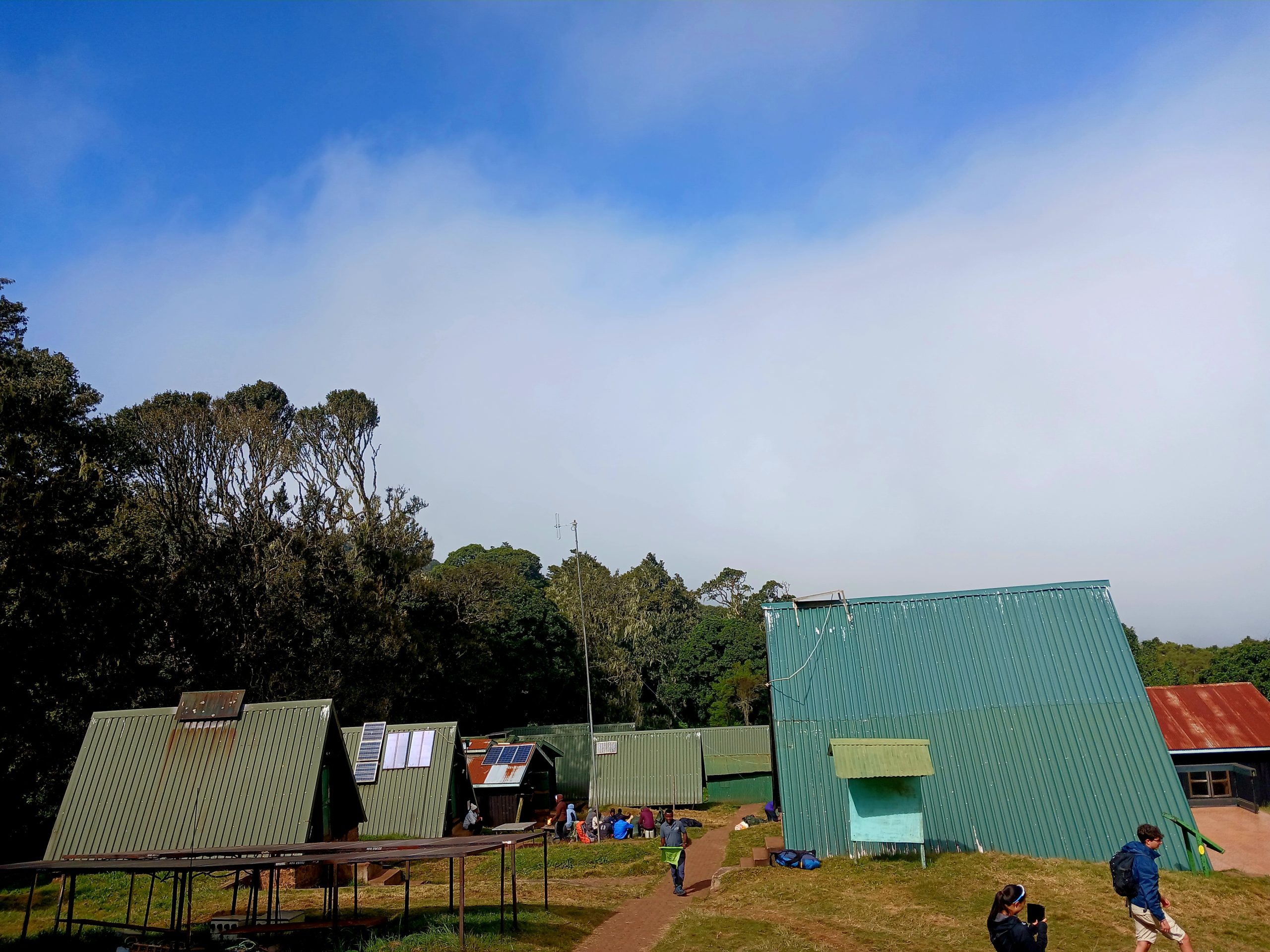
A Guide For health And Safety In Tanzania
Tanzania offers visitors unforgettable experiences, from the iconic Serengeti Plains and the majestic Mount Kilimanjaro to the idyllic beaches of Zanzibar. As with any international travel, being mindful of health and safety is key to ensuring an enjoyable and worry-free adventure. This guide provides essential health and safety tips to help travellers navigate Tanzania confidently and securely. There are variety of precautions to take off prior before leaving home to Tanzania those are the following:
Yellow Fever vaccination: If you’re arriving from a country where yellow fever is present, you may be required to show proof of vaccination. Check Tanzania’s regulations before departure, as they are updated periodically.
Malaria treatment: Tanzania is a malaria-endemic region, especially in rural and coastal areas. To protect yourself, consult with a healthcare provider about prophylactic medications and use insect repellent, long-sleeved clothing, and sleep under insecticide-treated nets where available.
Routine Vaccinations: Ensure that standard vaccinations, such as those for hepatitis A and B, typhoid, tetanus, Covid-19 and rabies, are up to date. The risk for rabies exists, especially for those visiting rural areas or interacting with animals.
Sun Protection: Tanzania’s equatorial sun is intense, so wearing sunscreen, hats, and sunglasses is essential. Dehydration can also be a concern in the tropical heat; drink plenty of clean water to stay hydrated.
Altitude Sickness: For those climbing Mount Kilimanjaro or visiting high-altitude regions, altitude sickness can be a real concern. Acclimatize gradually, stay hydrated, and follow your guide’s advice to avoid complications.
Safety Tips for Travelers
Water: Tap water in Tanzania is generally not safe for drinking. Travelers are advised to drink only bottled or filtered water. Avoid ice in drinks if unsure of its source, and use bottled water for brushing teeth as an added precaution.
Food: While Tanzanian cuisine is delicious and safe when prepared correctly, travellers should stick to freshly cooked meals and avoid street food that may have been left sitting out. Wash fresh fruits and vegetables thoroughly before consumption, or opt for cooked versions.
In Parks and Reserves: Tanzania is known for its incredible wildlife, but animals in parks and reserves are unpredictable and can be dangerous if approached or provoked. Always follow the guidance of your safari guide and maintain a safe distance from wild animals.
On Safari: Stay in your vehicle unless given explicit permission by your guide to exit. Do not feed animals, as it can be harmful both to them and to you.
Traffic Conditions: Roads in Tanzania, especially outside major cities, can be rough and traffic regulations may not always be strictly followed. When hiring a vehicle, ensure the driver is reputable and experienced. For intercity travel, avoid night journeys whenever possible as visibility and road safety decrease significantly after dark.
Public Transport: If you’re using public transport like “dala dalas” (local minibuses), be aware that these can be crowded and may not adhere to the same safety standards as transport in your home country. Consider using taxis or tour-operated vehicles for safer, more reliable travel.
Interaction with Locals: Tanzanians are generally friendly and welcoming. Greeting locals with a handshake and showing interest in local customs is encouraged and appreciated. Always ask permission before taking photos of individuals, especially in Maasai villages or other traditional settings.
Crime Prevention
Petty Theft: Petty crime, such as pickpocketing and bag snatching, can occur in urban areas like Dar es Salaam and Arusha. To minimize risk, carry only essential items, avoid displaying valuables, and use secure bags.
Stay Aware: Avoid walking alone at night and stick to well-lit, populated areas. When possible, travel with a group or guide. Be cautious when accepting assistance from strangers, and keep a copy of your passport in a separate place from the original.
Emergency Contact Information
It’s helpful to know key contacts in case of an emergency:
Emergency Number: The general emergency number in Tanzania is 112.
Local Embassy: Keep contact information for your home country’s embassy in Tanzania. They can assist with lost passports, legal advice, and other urgent matters.
Health Facilities: Major cities have reputable health facilities, but in remote areas, options may be limited. Travel insurance that includes medical evacuation is highly recommended for peace of mind.
Sorry, the comment form is closed at this time.



